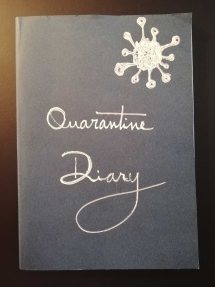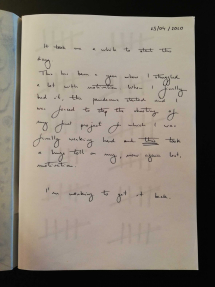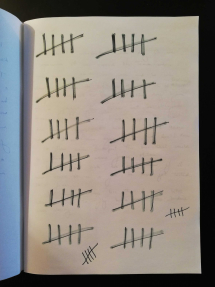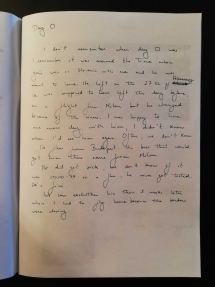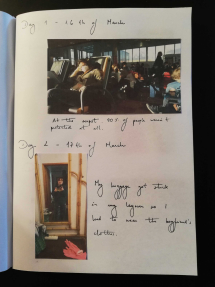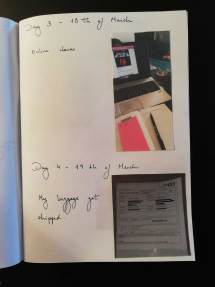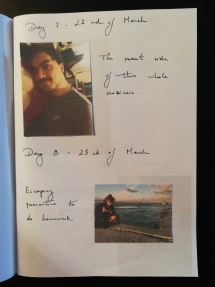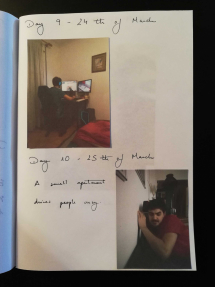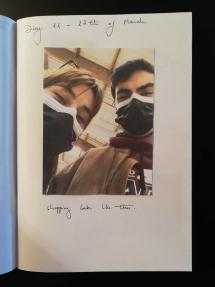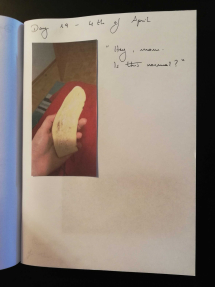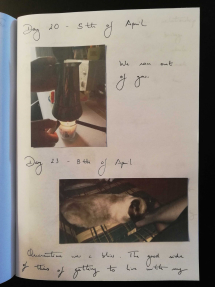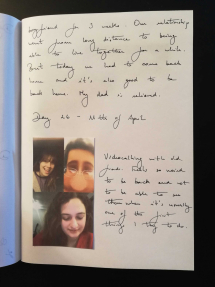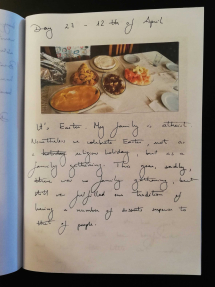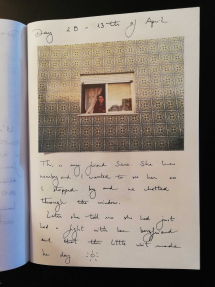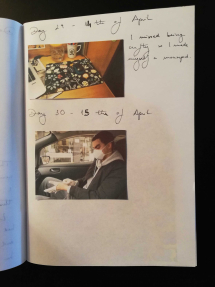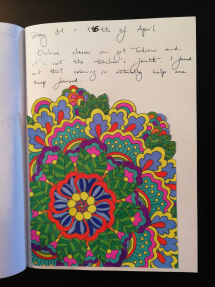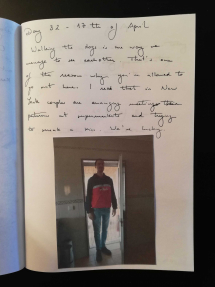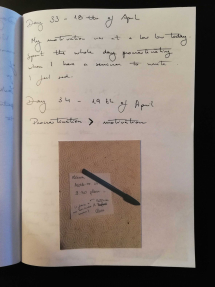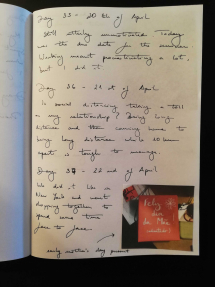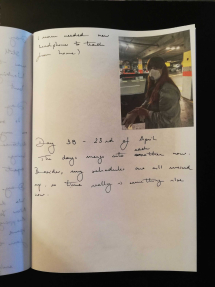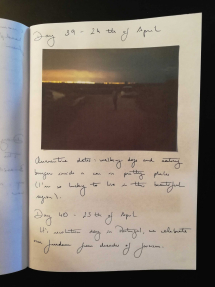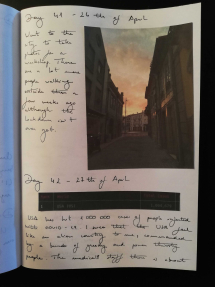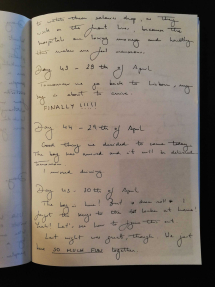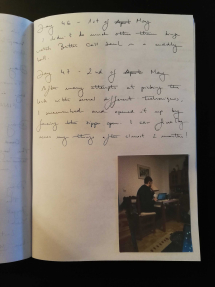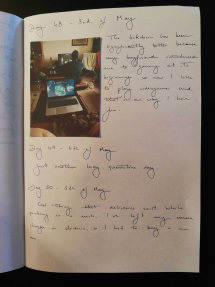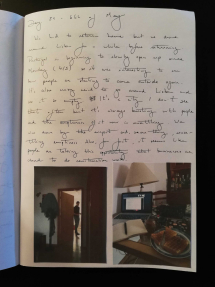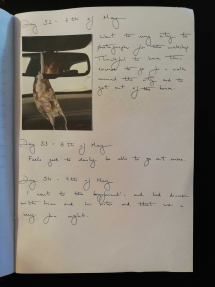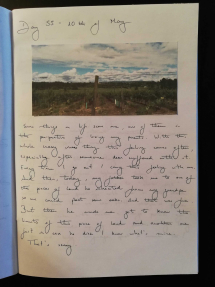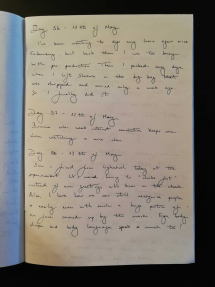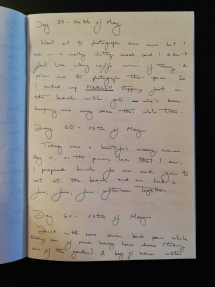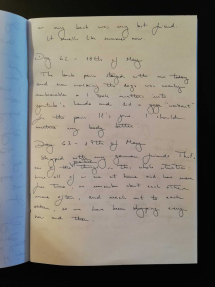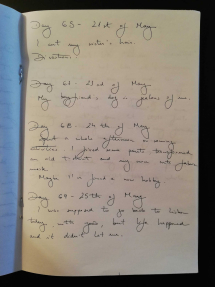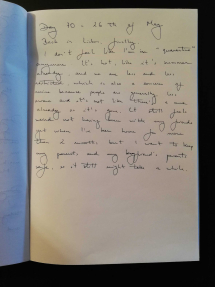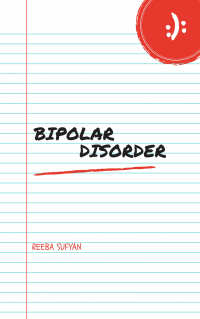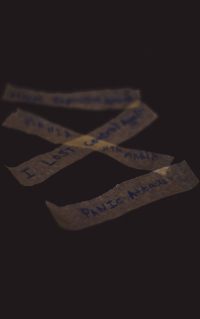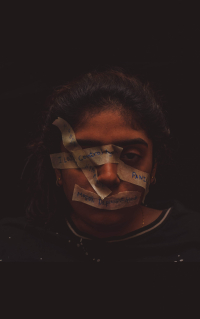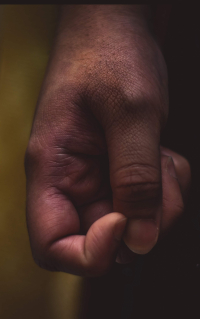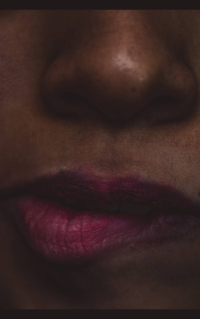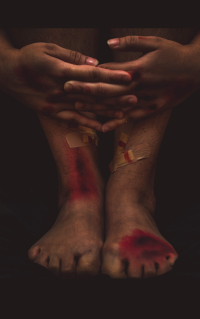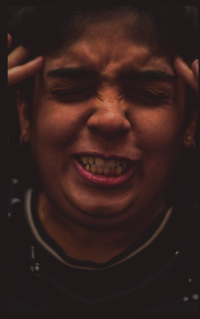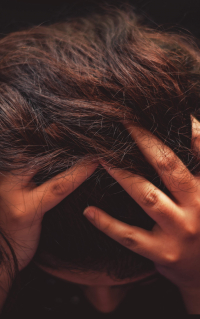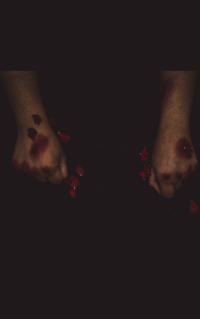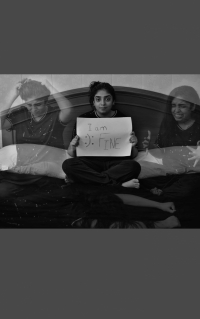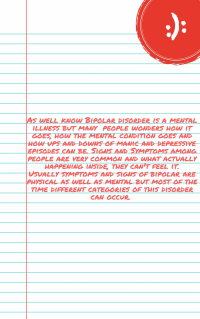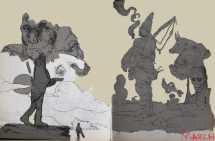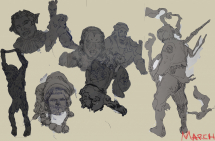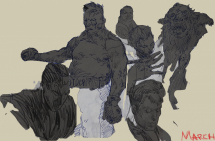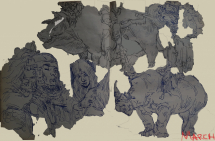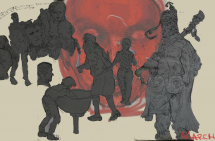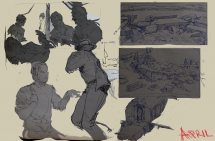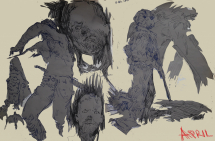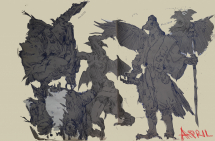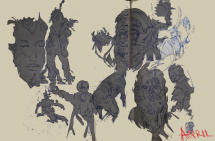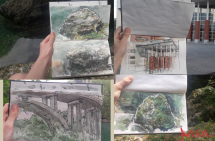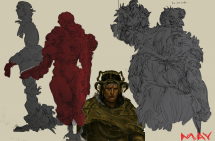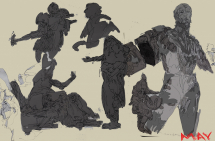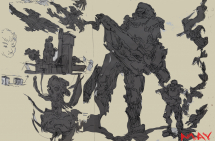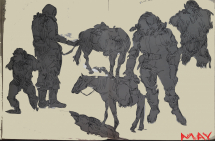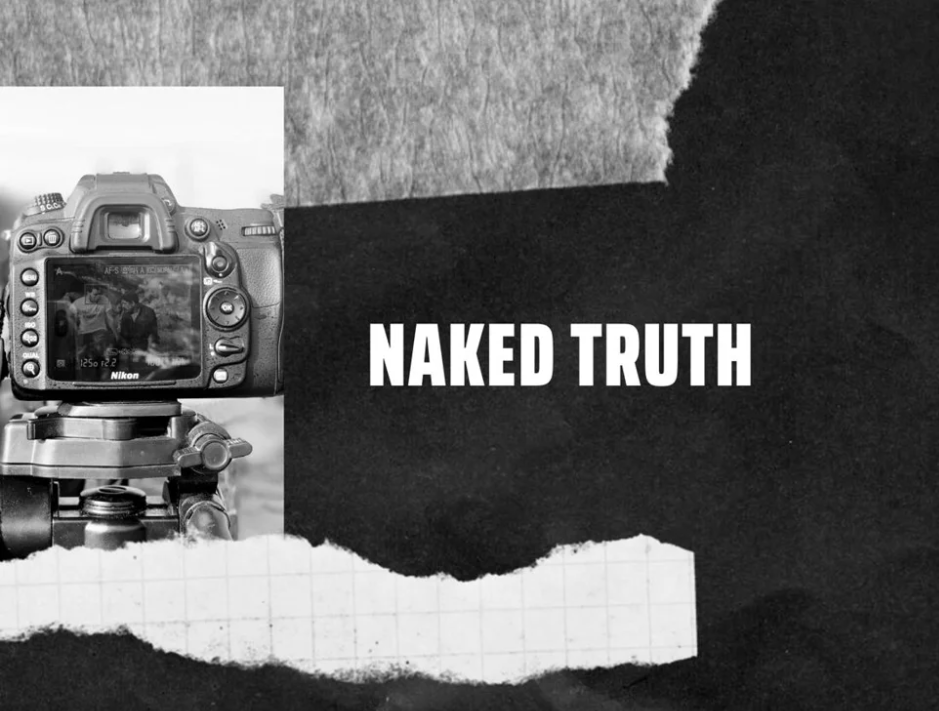Skupnost v času koronavirusa
Rene Rusjan
I.
Verjameš, da je tvoje delo neodvisno od situacije, v kateri živiš? Jaz verjamem nasprotno, a ni nujno, da se strinjava. Verjetno pa se vsi zavedamo, da v tem posebnem trenutku odkrivamo stvari, ki jih sicer ne bi mogli, da se nam odpirajo pogledi, ki bi jih sicer spregledali, zanemarili, imeli za nepomembne?
Kaj se dogaja? V kakšnem trenutku smo se znašli? Zgodovinskem trenutku? Gotovo! Ne pomnimo v svojih življenjih česa takšnega. Bomo preživeli? Bodo naši dragi preživeli? Da, skrbi nas. Se bomo po koncu te pandemije vrnili nazaj, kjer smo bili? Je to sploh mogoče, ali je povratek nazaj nemogoč, kot nikoli ne stopiš v isto reko? Kakšen bo svet ‘po tem’? Kot je bil? Bo bolj krut ali nas bo situacija streznila in nas napotila na temeljit razmislek? Bomo po-tem bolj krvoločni eden do drugega ali bomo postali občutljivejši za druge, za svet, za naravo, okolje?
Kako o tem razmišljaš ti? Kako živiš v izolaciji? Kako opazuješ sebe, okolico in svet? Kako komuniciraš? Beležiš dogajanje? Se odzivaš? Iščeš dobre strani tega posebnega položaja? Kakšne so? Se zavedaš/bojiš/negiraš? Kako to deluje nate in na kakšen način se odzivaš? (del nagovora študentom ob podajanju nabora možnih osebnih ali sodelovalnih projektov pod naslovom Skupnost v času korona virusa)
Community in the time of the coronavirus
Rene Rusjan
I.
Do you believe that your work is independent of the situation in which you live? I believe the opposite, but we don’t necessarily agree. However, we are probably all aware that in this special moment we are discovering things that we otherwise would not be able to see, views that would otherwise be overlooked, neglected, considered irrelevant?
What’s happening? What point have we found ourselves at? In a historic moment? Sure! We do not remember experiencing anything like this in our lives. Will we survive? Will our dear ones survive? Yes, we do care. And after the end of this pandemic, are we going to go back to where we were before? Is that even possible, or is it impossible to go back as you can never step into the same river? What will the world be like after that? The same like it was before? Will it be more cruel or will the situation get us sober and direct us to a thorough reflection? Will we then be more ‘bloodthirsty’ with each other or will we become more sensitive to eachother, to the world, to the nature, to the environment?
How do you think about that? How do you live in isolation? How do you view yourself, your surroundings and the world? How do you communicate? Keeping track of what is happening? Are you responding? Looking for the good sides of this special situation? What are they like? Are you aware / afraid / in denying? How does it affect you and how do you respond? (part of an address to students giving a set of possible personal or collaborative projects on Community in the time of corona virus)
II.
K sodelovanju pri temi sem povabila tudi dva umetnika, fotografa Tadeja Žnidarčiča (glej Skupnost… Dokumentarni esej, ki je nastal na njegovi 14-dnevni delavnici) in intermedijsko umetnico Robertino Šebjanič (glej Skupnost… Zvok in ekologija (Poslušati svet), kratki zvočni posnetki so nastali med predavanjem, na domovih študentov), da temo s študenti razširita po svoje.
V tem poglavju na splet postavljamo nekaj osebnih del, ki so nastala kot odziv na situacijo. Poleg zgoraj omenjenih delavničnih, še nekatere osebne: nekaj risarskih in foto dnevnikov (Carolina Silveira, Ece Horasanli, Ezgi Sakin, ter dve deli Reebe Sufyan: zelo osebno fotografsko serijo, ki sicer ne izhaja iz te teme, a ji delno lahko ustreza, saj morda odslikuje tudi naše počutje ter dokumentarni video, ki ga je posnela v svoji soseščini v Pakistanu in nam omogoča slišati ljudi, ki niso pogosto na prvih straneh novic.
II.
I also invited two artists to participate in the theme: photographer Tadej Žnidarčič (see Community… Documentary essay created in his 14-day workshop) and intermedia artist Robertina Šebjanič (see Community… Sound and Ecology (Listen to the World); short sound recordings were made during the lecture, at students’ homes) to expand the topic with students in their own way.
In this chapter, we post personal works that were created in response to the situation. In addition to the above workshops, here are some personal ones: some drawing and photo diaries (Carolina Silveira, Ece Horasanli, Ezgi Sakin), and two pieces by Reeba Sufyan: a very personal photographic series that does not derive from this topic, but it may suit it in part, as it may also reflect our own condition; and the documentary she shot in her neighborhood in Pakistan, which allows us to hear people who are not often on the front pages of the news.
Quarantine diary
Carolina Silveira
Diary
Ece Horasanli
Dark Side of Bipolar Disorder
Reeba Sufyan
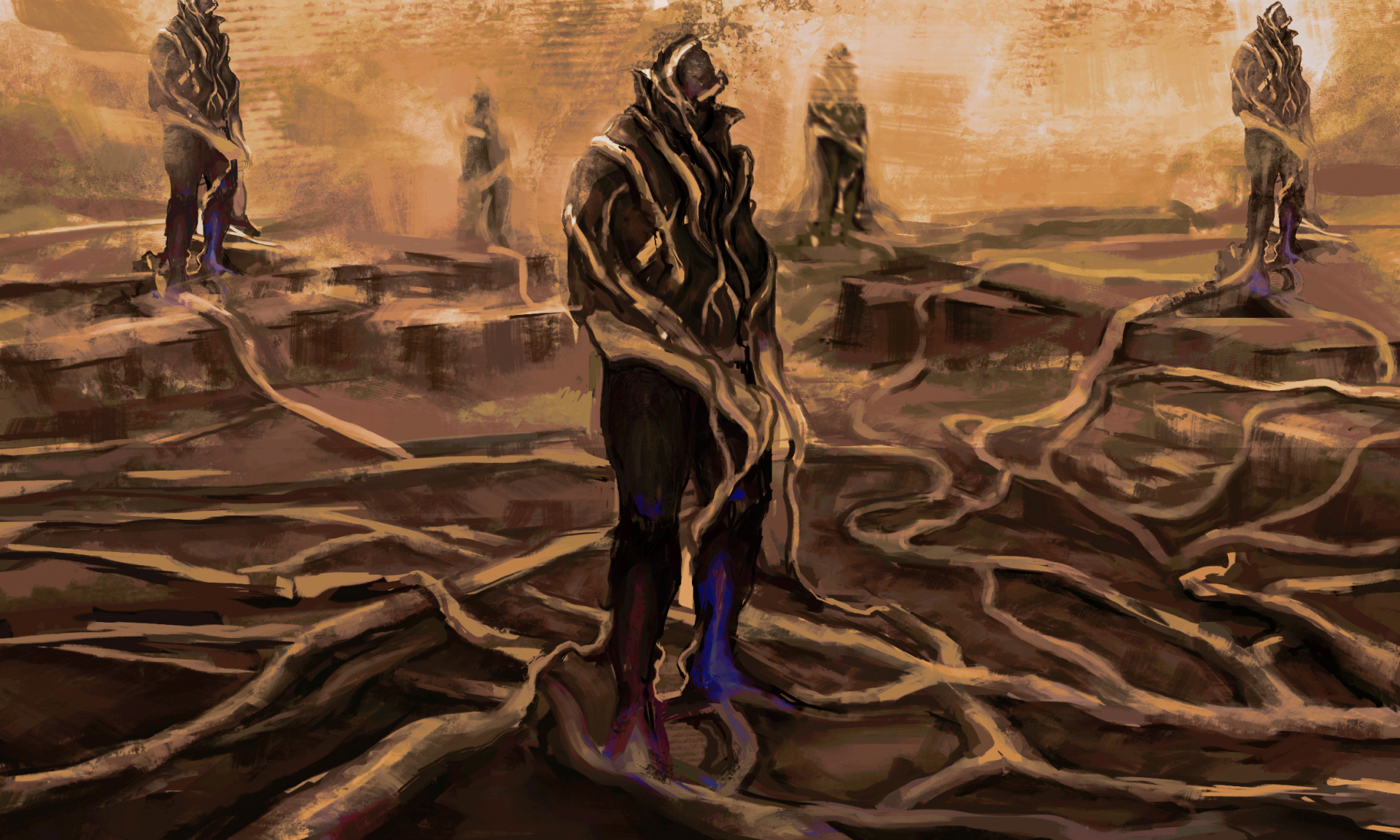
Diary_05
Ezgi Sakin
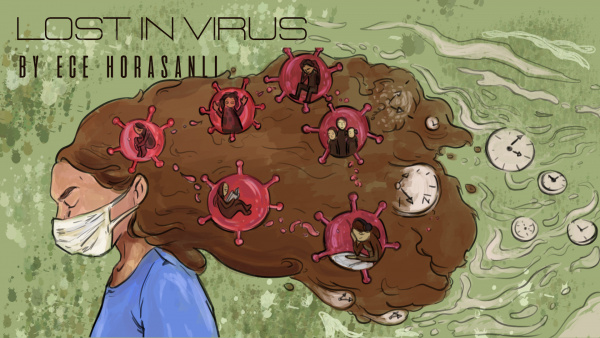
Diary_01
Ece Horasanli
Diary
Ezgi Sakin
III.
Dober mesec po začetku splošne izolacije sem Robertino povabila tudi k pogovoru, ki sva ga imeli kot uvod v srečanje s študenti vseh letnikov in smeri. Nisva predavali, pogovarjali sva se kot dve individualni osebi v tej skupni situaciji, tudi kot dve umetnici, ki sva se spominjali nekaterih preteklih dogodkov, ko se je neka zunanja situacija vrinila v življenja nas vseh (kot npr. vojna v nekdanji Jugoslaviji, begunci…) in vprašanj, ki so morda sorodna tem, ki se jih sprašujemo zdaj. Potem sva skupaj povabili študente, da so se javili vsak posamezno in povedali, kako se v tej situaciji počutijo oni. Bilo je nekajurno srečanje, skušali smo se dotakniti vsakega, ki se je pridružil, jih slišati, marsikdo je rekel, da se bolje počuti, ko sliši, da ni le njemu nelagodno, nekateri so situacijo izkoristili za poglabljanje študija, drugi delali od jutra do večera, tretji preživljali totalno blokado. Vse te različnosti skušamo razumeti, podpreti. Kaj se nam je zgodilo bomo še dolgo spoznavali. Tudi, če zaradi tega nismo opravili vseh študijskih obveznosti, je vse v redu, saj je to izredno pomembna življenjska izkušnja. (na tem srečanju je vsak med pavzo posnel tudi trenutek svojega vsakdana in ga delil z nami, a posnetkov ne bomo objavili, saj je šlo za posnetek intimnega prostora in časa, ki smo ga delili med sebo.)
III.
A good month after the start of the general isolation, I invited Robertina to a conversation we had as an introduction to a meeting with students of all grades and majors. We did not lecture, we talked as two individual people in this common situation, also as two artists who remembered some past events when an external situation entered the lives of all of us (such as the war in the former Yugoslavia, refugees… ) and issues that may be related to the topics we are asking now. Then we invited the students together to come forward individually and tell us how they felt in this situation. It was a few hours meeting, we tried to touch everyone who joined, to hear them. Many said they feel better when they hear that it is not only him who is uncomfortable, some took advantage of the situation to deepen their studies, others worked from morning till late evening on their school projects, the third faced a total blockade. We try to understand and support all these differences. We will try to understand what happened to us, for a long time. Even if we have not completed all our study obligations as a result, everything is fine, as this is an extremely important life experience. (At this meeting, everyone also recorded a moment of their everyday life during the break and shared it with us, but we will not publish the recordings, as each was a recording of the intimate space and time we shared with each other.)
DUP & MUP // DAP & MAP | Sodobne umetniške prakse: Osebni odtisi // Contemporary Art Practices: Personal Imprints | Mentor & avtor teksta // Mentor & Text by: Rene Rusjan
